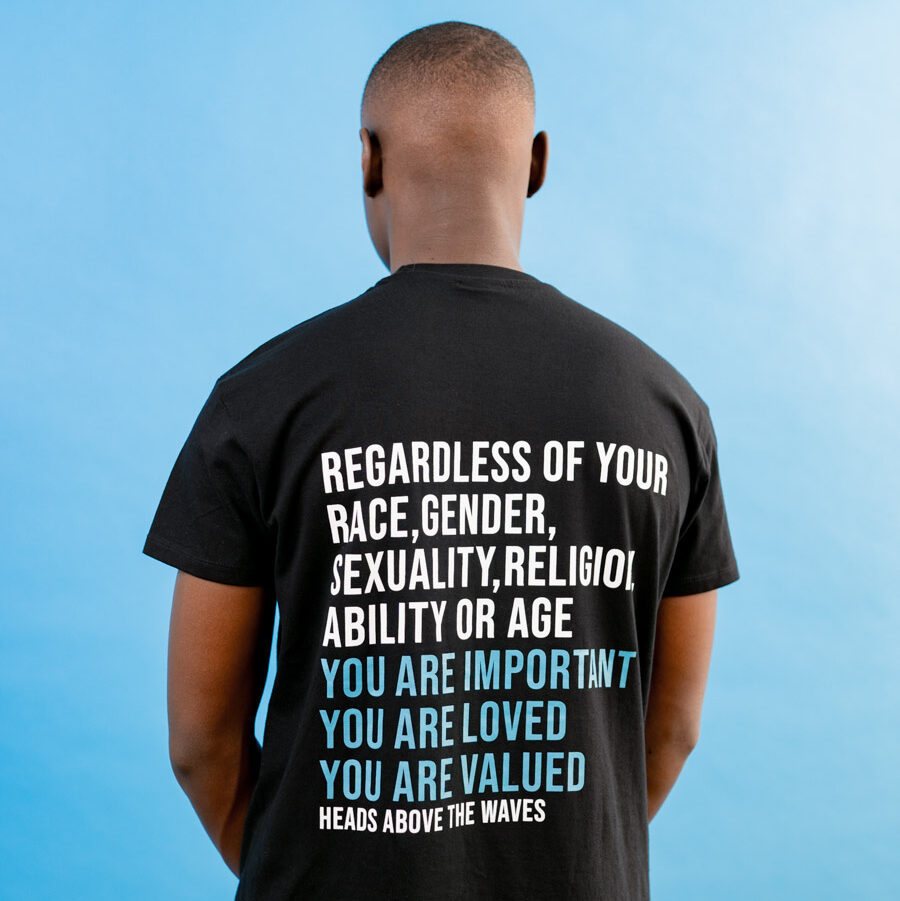5 Things To Know Before Starting Counselling
post by Hannah
Before starting counselling it’s important to know you’ve got to be ready to start talking and open to trusting someone with your thoughts and feelings. Figure out what you want and what you need from counselling. You can chat this over with someone you trust. You can write down a list of issues you’re having, ways that you’re feeling, and who you might feel comfortable talking to. This is a great starting point but try and keep an open mind throughout the process of finding someone to speak to.
NB. Counsellors are professionals who are trained to help you, and support you. They do not prescribe you medication or diagnose you. They provide a safe space to listen to you express yourself and can help you manage your thoughts and feelings in a better way.
Options for Finding a Counsellor
- Speak to your GP
- Speak to someone at your school/ college/ university/ workplace
- Google “local and national charities who provide free counselling services near me”
- Speak to friends and family for recommendations
- Check out helplines or online counselling services. A good one to try out is Hub Of Hope. You type in your location and it’ll search for places nearby that you can access counselling and support from. We’ve also just found out about Platform Wellbeing (prev. Breathe) based in Cardiff (who even have sessions with trainee counsellors for a £5 a session! A reasonable price indeed!) There’s more than likely to be something similar in your area!
- Google “counselling directory [insert the town or county where you live]”. This is good for if you can afford to pay for private sessions. It shows you a list of people near you, a bit about them, what areas they specialise in and what type of therapy they offer and how to contact them. Some councillors on here also have discounted sessions or low income therapy deals that can be worked out- just takes a bit of scrolling to spot them!
It’s important for us to say that there’s lots of counselling services that can accommodate any needs you might have. These could be to do with language, accessibility for disabilities or focused on helping specific demographics.
Whoever you speak to, make sure they are qualified before starting counselling! And be prepared that you may be put on a waiting list. If you are, remember to keep talking to people you trust when you’re feeling down. There are helplines you can contact who can listen to you in the meantime if you’re in a really bad place. Check out hatw.co.uk for some links to numbers, websites and messaging services you can try out.
In some situations if you’re in a really desperate place, a doctor can help speed up your referral. So always be honest and communicate what you can regarding the severity of your feelings, and how safe you are right now. Are you a danger to yourself or others? Let someone know this if you feel like you are.
Some Advice Before Starting Counselling!
Counsellors can help with lot’s of different things. It could be short term support to help you with day to day issues or something more specific! It could be long term talking therapy to help you deal with traumas you feel ready to talk about. There are no rules- you can talk about anything in your session. Whatever is on your mind, be it big issues or even stuff you consider trivial! You don’t have to be at your wits end to access counselling of any kind.You don’t even have to be struggling with your mental health. It can be super useful for people who are happy and healthy. It’s even useful if you’re dealing with things like work stress, or if you’re generally happy but dealing with a bereavement right now. Or with an issue affecting your life. It’s always better to be proactive and check in with yourself from time to time
Prepare yourself! Think about what you want to get out of your sessions before starting counselling. Think about what sort of things you might want to talk about. It helps to jot them down on your phone or on some paper so you’re getting the most out of your time.
Know that the first person you speak to might not be the best fit for you. Give them a chance of course, but it’s OK if it’s not working out. Don’t let it put you off. There’s many different types of therapy, and lot’s of different styles and techniques. So there’s always a different version of counselling or type of person to talk till you find what you’re looking for. You have to build up trust with your counsellor. If you’re not feeling 100% comfortable with your therapist- find out if you can see another one. Try and get the most from YOUR experience. Just try not to shut down and write it off if it’s not the right fit the first time around.
Be as honest as you can be. You don’t have to tell them everything about yourself from the very first session though. It can be tough but they are trained to be patient with you and help put you at ease. Express however much you feel comfortable saying. Bear in mind you might have a limited amount of sessions though. The more info you give your counsellor, the more they will be able to guide and help you!
There might not be a lightbulb moment every week and you might not feel 100% amazing or ‘better’ after each session. Sometimes counselling can really ruffle your feathers! Therapy is a journey. It’s not a straight line, it’s a squiggle that you need to untangle. It can take time so go easy on yourself. Try and pick up on the things you talk about, really think about them in your time between sessions, make notes, track how you’re feeling and reacting to things. Try to do any homework they set! Communicate with your counsellor and remember this is a positive step towards knowing yourself better and helping yourself more.
You have to put the work in. But it can be really beneficial when you do.
If you’ve found this post helpful and want to support our work, please check out our merch store and consider picking something up!
Enjoy this post? Feel free to share
More posi-content
Have you found a creative way of overcoming self-harm and keeping your head above the waves? Share your experiences to inspire others!
find out more


0 comment/s